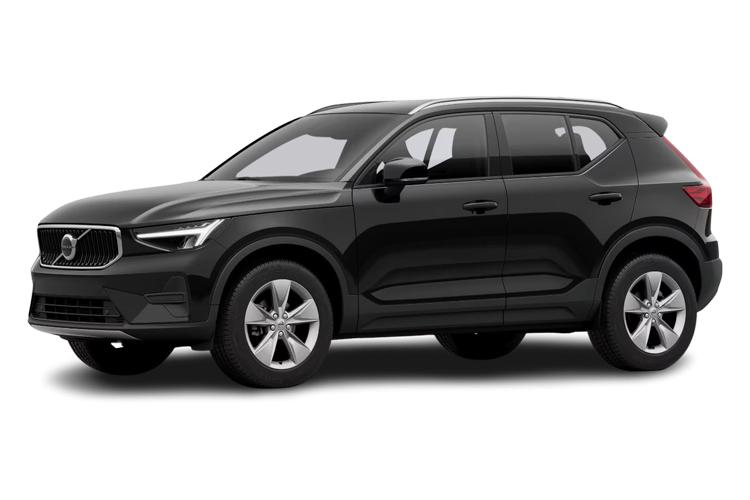Van lease offers of the week
Our best van lease deals
Why lease a van for business with Commercial Vehicle Contracts?
Experienced & independent
One-stop solution
Unmatched service
From start to finish CVC kept me up to date on the paperwork process and delivered on the day they said they would. The quotes for the vehicles were reasonable and the service was great.
Was a good experience and straightforward.
James and the rest of the team have been extremely efficient at processing my order, and responding to my queries. Excellent job and I highly recommend them.
Communication through the process was excellent and the van was delivered earlier than expected!
Got the job done. Professional company.
Graham Tiller was very helpful from the very first call I made to enquire about a vehicle to lease.
Graham kept a good line of communication and always got back to me with answers to my enquires and was very knowledgeable of special order vehicle I needed.
Great service, superb communication and always with the smile. Highly recommend
Good experience 👍high recommended
This is the second van i have now off cvc and both time Phill has been nothing but helpfull.
The van was delivered too door on both occasion so couldnt be easier
Very friendly and professional team, going the extra mile to try and get the vehicle you want.
Would definitely recommend CVC to anyone looking for a vehicle to lease.
Great company, worked non stop to secure the deal for me.
We received excellent service and could not fault anything. We were kept informed throughout by Tom who was very helpful.
Van leasing specialists proudly working with































